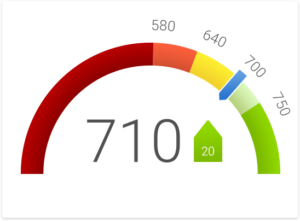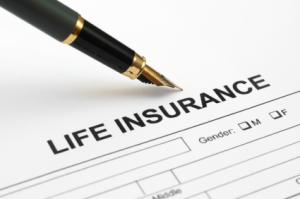Certified financial planner David Rae says he used to think that “anyone who could draw breath” could get an auto loan. Then one of his millionaire clients tried to buy a car — and failed.
The 42-year-old client was turned down for a loan because he had no credit scores , says Rae, who is based in Los Angeles.
Nineteen million American adults are “unscoreable,” lacking enough recent credit history to generate credit scores, according to the Consumer Financial Protection Bureau. They either have “thin” files, with too few accounts, or “stale” ones that haven’t been updated in a while. In my latest for the Associated Press, find out how having no scores can cost you.
 Today’s top story: Seeking smart, funny – and a credit score above 700. Also in the news: Wellness travel helps you tune up or tune out, what you need to know about investing in IPOs, and a major tax mistake to avoid if you have student loans.
Today’s top story: Seeking smart, funny – and a credit score above 700. Also in the news: Wellness travel helps you tune up or tune out, what you need to know about investing in IPOs, and a major tax mistake to avoid if you have student loans.  Today’s top story: What a travel agent can do for you that a search engine can’t. Also in the news: How one couple paid off over $200,000 in debt, 6 ways to weed out shady schools, and why your credit score may not be as good as you think it is.
Today’s top story: What a travel agent can do for you that a search engine can’t. Also in the news: How one couple paid off over $200,000 in debt, 6 ways to weed out shady schools, and why your credit score may not be as good as you think it is.  Today’s top story: Why free life insurance at work might not be enough. Also in the news: 5 personal finance books to read this year, picking a career you’ll actually like, and why your debt to income ration matters.
Today’s top story: Why free life insurance at work might not be enough. Also in the news: 5 personal finance books to read this year, picking a career you’ll actually like, and why your debt to income ration matters.  Today’s top story: 3 ways debt settlement may not be the fix you expect. Also in the news: NFL great Eric Dickerson shares money and life lessons, where to find low-cost checking and the reason why most people get rejected for a personal loan.
Today’s top story: 3 ways debt settlement may not be the fix you expect. Also in the news: NFL great Eric Dickerson shares money and life lessons, where to find low-cost checking and the reason why most people get rejected for a personal loan.